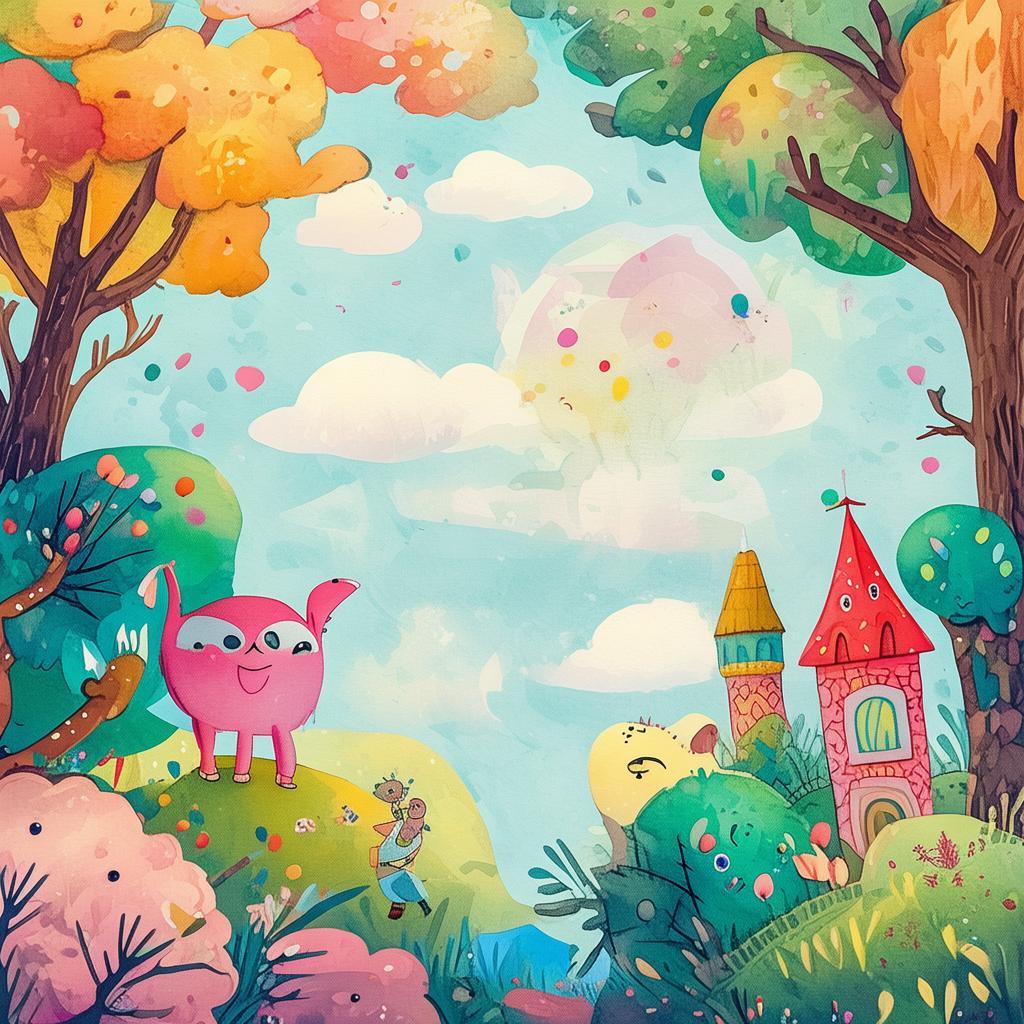The Melody of Shadows
In the small village of Wiesbaden, Germany, in the 1930s, there lived a young girl named Clara. She was just seven years old when the world around her began to change. The streets were filled with whispers of war, and the people were becoming more and more anxious. Clara's father, a talented violinist, would often play his instrument, filling the house with a haunting melody that seemed to speak of distant lands and forgotten times.
One day, Clara found an old, dusty violin in the attic. It was her father's, and the strings were so taut that they sang a tune all on their own. Curious, she strummed the strings, and the sound was like a call to adventure. "What secrets does this violin hold?" Clara wondered.
As the years passed, the village was overtaken by the Nazis. Clara's father was taken away, and Clara's life changed forever. She was separated from her mother and siblings, forced to live in a concentration camp. The camp was a place of terror and despair, but Clara found solace in her violin. She would play it at night, when the guards were asleep, her fingers dancing over the strings, creating a silent symphony of hope.
One evening, as Clara played her violin, she heard a whisper. It was her father's voice, clear and gentle. "Clara, listen," he said. "The symphony of the camp is not just about the music. It's about the stories, the memories, and the love that binds us all."

Clara felt the words resonate deep within her. She realized that the music was a way to keep her father's memory alive, and it was also a way to understand the past. She began to collect stories from the other children in the camp, tales of loss and resilience that were whispered in the shadows.
One day, Clara was approached by a boy named Max, who had a story of his own. His family had been separated, and he had been forced to watch as his mother was taken away. "I miss her so much," Max said, his eyes filled with tears. "But I know she's still with me, in the music she loved."
Clara nodded, understanding the boy's pain. She shared her own story and played a piece from the violin, its notes weaving a tapestry of hope. The other children gathered around, their eyes reflecting the light from the violin's strings.
As the days grew shorter and the winter approached, Clara's violin became the heart of the camp. The children would gather around her, each sharing their stories, and Clara would play, her fingers moving with a grace that belied the horror around them.
One night, as Clara played, the sound of the violin was cut off by the sudden arrival of the guards. Clara's mother had been found, and she was being taken away. The children watched in silence, their eyes reflecting the fear and sadness they felt.
But as Clara's mother was led away, she turned back and looked at Clara. "Remember, Clara," she said. "The music will always be with you."
Clara nodded, her eyes brimming with tears. She knew that her mother was right. The music was her strength, her way to remember, and her hope for the future.
As the camp was liberated, Clara and the other children were freed. They returned to their homes, their lives forever changed by the experience. But the music remained with Clara, a silent symphony that she carried in her heart.
Years later, Clara was a grown woman, living in a new country, but the music of her violin was still with her. She taught music to children, sharing the stories she had learned in the camp, and showing them that even in the darkest times, there was always a melody of hope.
Clara's violin became a symbol of resilience, a testament to the human spirit's ability to overcome adversity. And in every note she played, she kept the memory of her father, her mother, and all the children who had played their part in the silent symphony of the concentration camp.
✨ Original Statement ✨
All articles published on this website (including but not limited to text, images, videos, and other content) are original or authorized for reposting and are protected by relevant laws. Without the explicit written permission of this website, no individual or organization may copy, modify, repost, or use the content for commercial purposes.
If you need to quote or cooperate, please contact this site for authorization. We reserve the right to pursue legal responsibility for any unauthorized use.
Hereby declared.









